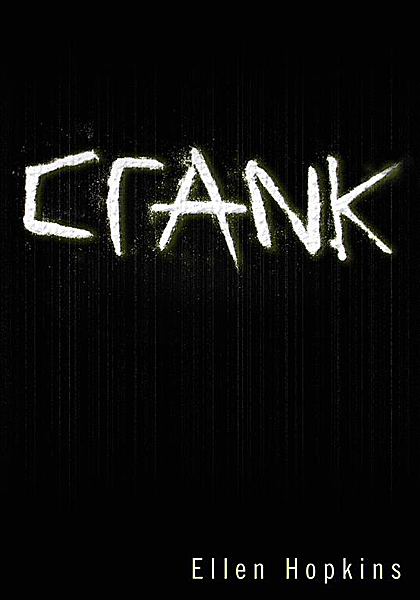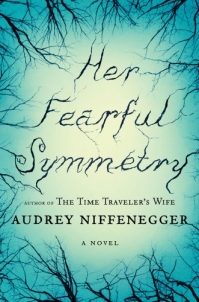 I’m not a big memoir reader. I like my non-fiction very factual and often technical, and anecdotes really aren’t my cup of tea, which is why authors like Malcolm Gladwell always end up disappointing me. But when I had a patron call and ask to put a hold on Hungry by Sheila and Lisa Himmel, I read the description and was intrigued. So I put myself on that hold list too.
I’m not a big memoir reader. I like my non-fiction very factual and often technical, and anecdotes really aren’t my cup of tea, which is why authors like Malcolm Gladwell always end up disappointing me. But when I had a patron call and ask to put a hold on Hungry by Sheila and Lisa Himmel, I read the description and was intrigued. So I put myself on that hold list too.
Hungry is the true account of a battle with an eating disorder, told in a manner different from every other one you’ve read. Sheila Himmel is a food critic for a major newspaper in the San Jose, California area, and Lisa is a recent college graduate. Sheila begins the book by talking about the differences in the births and childhoods of her son, the first born, and her daughter Lisa, who was quite the opposite of her son. At the same time, she chronicles her experiences climbing the ranks in her own career as a journalist. I found her depictions of motherhood and her stories about getting from the bottom of the writing barrel to climing to such a fun, well-revered position through nothing but her hard work and determination.
As Sheila reflects on these issues, Lisa chronicles her obsession with eating and food, describing the events that led her to becoming not only anorexic, but an exercise addict and eventual bulemic. She grew up a bit chubby, but as she entered middle and high school, she began spiraling out of control. Going to college — as her mother writes — was her opportunity to grow up and become strong over this need to be hungry all the time (and what I found fascinating was that this wasn’t always about being skinny but about being hungry and the control issues therein). But when she got to college, she found herself a disaster. An eventual recovery occurs, but spirals out of control her senior year of college, culminating in treatments, both traditional and non-traditional.
I really appreciated a book on this topic that explored the impact of mental illness on more than just the individual. Sheila is an advocate for mental health in this particular title, and I think that her unique position as a food critic just made it more relatable (these things can happen to anyone because it’s a mental illness).
Another strength of this book is that it’s not about being resolute. Lisa is in her mid twenties and still figuring things out. The last couple of chapters in the book are reflections of what people struggling with eating issues and those struggling with knowing and being close to someone with disordered eating can consider as options for proceeding. None are radical but they are rational.
That said, one of the weaknesses was that I felt there was almost too much Sheila in the book and too little Lisa. For a bit, Sheila does dote on a bit much about why she chose to attend Berkeley rather than Santa Cruz for college, but I think that this will be an interesting title for this pair to revisit in 10 or 20 years when Lisa comes into her own as an adult.
So, for my aversion to most memoirs, I’d say this was definitely worth the investment of time. It’s a fairly quick read and it doesn’t dwell too much into the stuff we’ve all read before (it’s definitely not as graphic as say, Laurie Halse Anderson’s Wintergirls) and I do think it treds some new ground. The Himmels are not well-to-doers, and in fact, this is an issue they talk about a bit. They’re down to earth and human, something hard for me to find in many books of the ilk.









